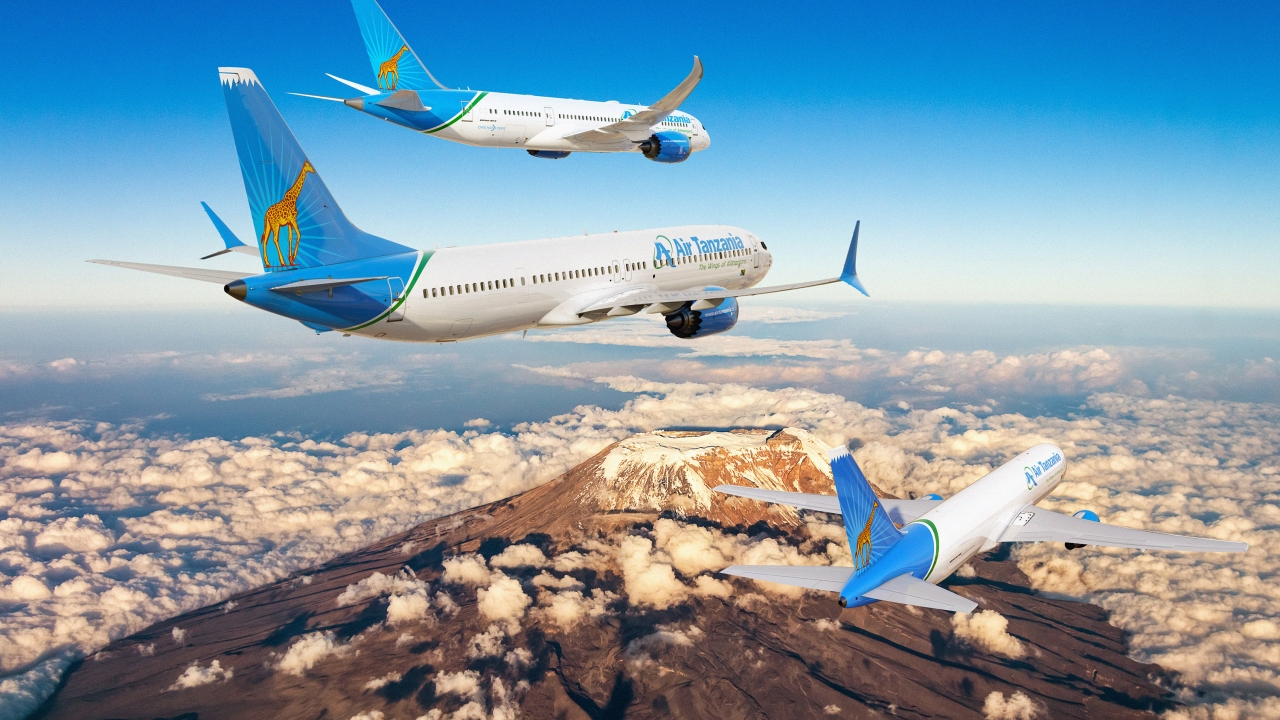B747-400F joins the Astral-NAM fleet for perishable market opportunities

This will enable NAM to develop its presence in Africa, and especially the Kenyan perishables market, adding capacity for flowers and vegetables from Nairobi to the UK.
Andy Leslie, Group Chairman, said, “We are excited to enter into this agreement with Astral Aviation and Air Atlanta Icelandic and look forward to a long and successful partnership enabling us to further expand our network.”
Sanjeev Gadhia, Astral Aviation’s founder and CEO, said, “The newly acquired B747-400F from Air Atlanta Icelandic will strengthen our position as a market-leader in perishable exports from Kenya to the UK market. Furthermore, the B747F will feed its intra-African network in Nairobi with cargo, which will be consolidated in its Liege hub originating from Europe and the US. “
The B747-400F made its inaugural flight from Stansted (STN) to Jomo Kenyatta International Airport (JKIA) in Nairobi on Tuesday, expanding NAM’s capacity to East Africa.
The group expects to handle around 33,000 tonnes of perishable exports from East Africa to Europe per year. The nose-loader B747F will also enable the group to attract out-sized oil, gas and mining equipment for West and East Africa, which is expected to increase following the high oil prices experienced during the past week.
Gadhia said, “While most foreign carriers are reducing their capacity to Africa, Astral Aviation remains ‘cautiously optimistic’ of positive growth in perishable exports to Europe and a strong south-bound demand from Europe to West and East Africa, fuelled by the growth in consumer demand for e-commerce and oil and gas equipment due to the improved fuel-prices.
“According to IATA, African carriers had the fastest growth in year-on-year freight volumes. However, growth is set to remain in double digits for the remainder of 2017.” Ghadia said
Stay up to date
Subscribe to the free Times Aerospace newsletter and receive the latest content every week. We'll never share your email address.

